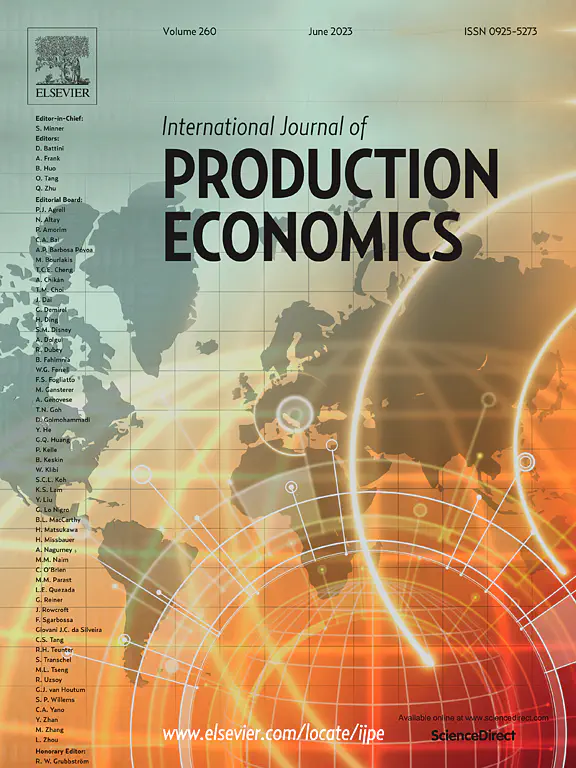
Abstract
Managing inventories in the blood supply chain is a challenging task, mainly due to the uncertain nature of the demand for blood units, the perishable nature of the blood, and a strong subjective bias towards criteria other than cost minimisation. In this paper, we propose a two-stage stochastic programming model for defining optimal periodic review policies for red blood cells inventory management that focus on minimising operational costs, as well as blood shortage and wastage due to outdating, taking into account perishability and demand uncertainty. The adoption of this framework allows the consideration of more general stochastic processes to model the demand uncertainty than approaches currently available in literature. Moreover, this framework renders a model that can be solved efficiently by general purpose off-the-shelf optimisation software. To illustrate the potential benefits of adopting the proposed model to support the definition of optimal blood inventory control policies, a case study is presented considering realistic data representing the daily demand for blood, which was generated using the average and standard deviation of the demand for eight types of blood. Results suggest meaningful insights concerning practices that could lead to improvement in the blood supply chain performance. In particular, we observed that it would be possible to revise the current inventory control policies by reducing current target levels to diminish wastage and total cost without compromising the service level. Finally, the consideration of blood substitutions showed further improvement in the performance of the blood inventory management system.